
by Rehab Modalities | Dec 19, 2024 | Neuro Robotics
Perkeso’s patient retreat facilities redefine recovery by blending medical excellence with the comfort of a luxury resort. Designed to support physical healing and mental well-being, these accommodations ensure that every patient’s rehabilitation journey is not just...
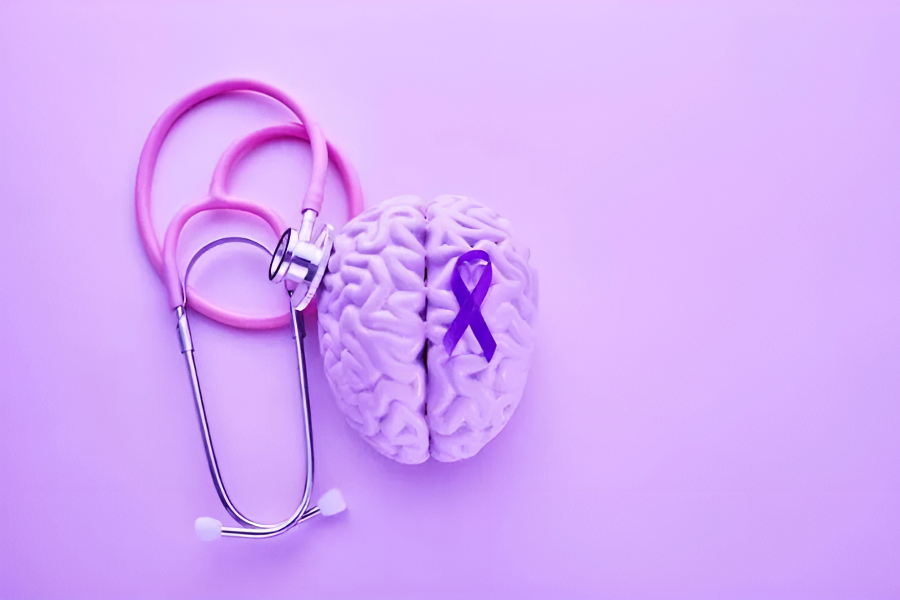
by Rehab Modalities | Dec 17, 2024 | Neuro Robotics
Epilepsy is one of the most common neurological conditions, yet it is surrounded by misconceptions and misunderstandings. Let’s debunk common myths, clarify what epilepsy is, identify triggers and causes, address stigma, and explore treatment options to help you...

by Rehab Modalities | Dec 15, 2024 | Neuro Robotics
Dystonia, a neurological movement disorder, may seem overwhelming, but with the right understanding, strategies, and support, you can transform challenges into opportunities for growth and empowerment. This guide offers a deep dive into how you can navigate life with...

by Rehab Modalities | Dec 13, 2024 | Neuro Robotics
Proper nutrition plays a critical role in recovery and long-term health after a stroke. It helps to improve brain function, prevent complications, and reduce the risk of recurrence. Following tailored dietary guidelines can maximize well-being and support a healthier...
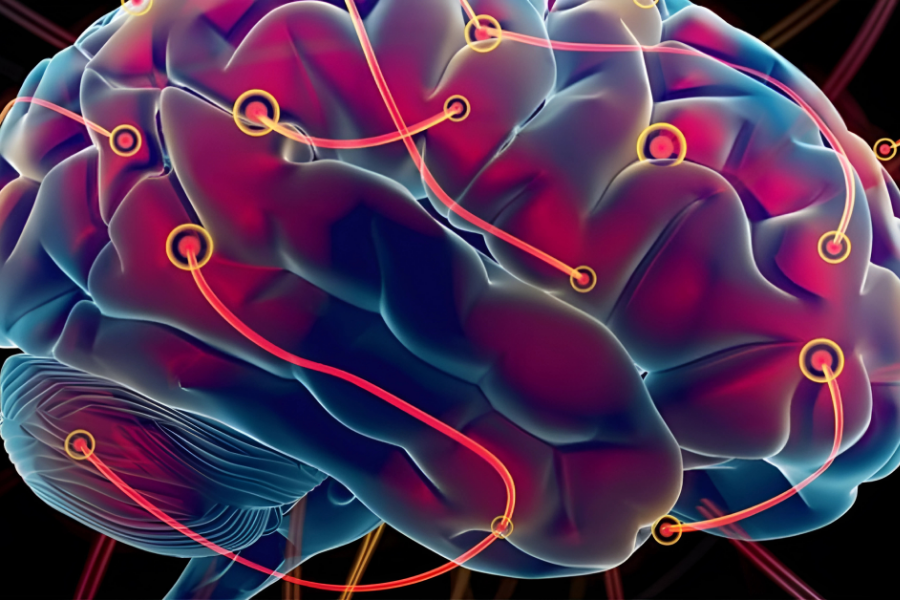
by Rehab Modalities | Dec 11, 2024 | Neuro Robotics
Neuroplasticity is the brain’s remarkable ability to adapt, reorganize, and create new neural pathways throughout life. This process enables the brain to heal itself after injury, learn new skills, and adapt to changes in its environment… How Neuroplasticity...
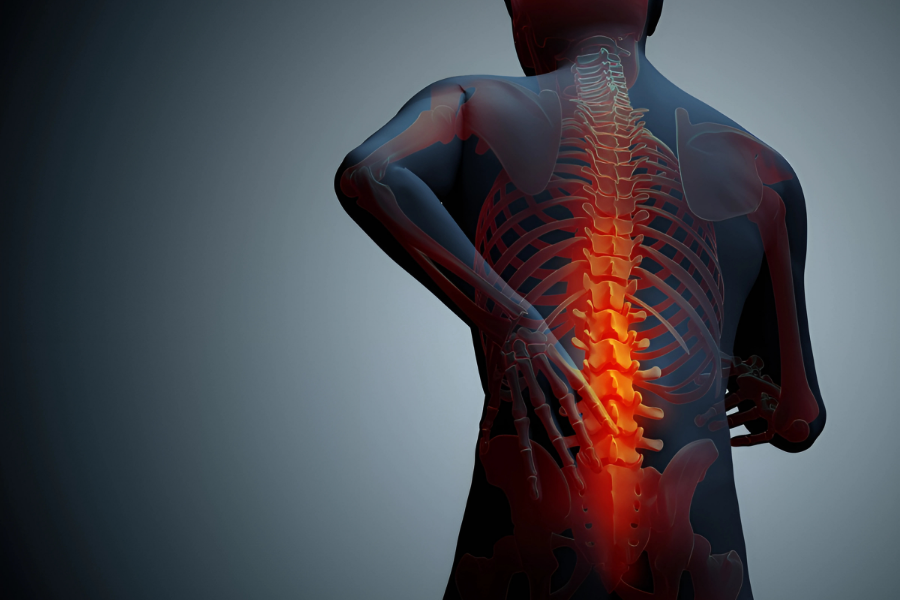
by Rehab Modalities | Dec 9, 2024 | Neuro Robotics
Chronic pain is defined as pain that persists for longer than three months and can occur in any part of the body. Unlike acute pain, which is temporary and often linked to an injury or illness, chronic pain may have no clear origin, or it may result from ongoing...
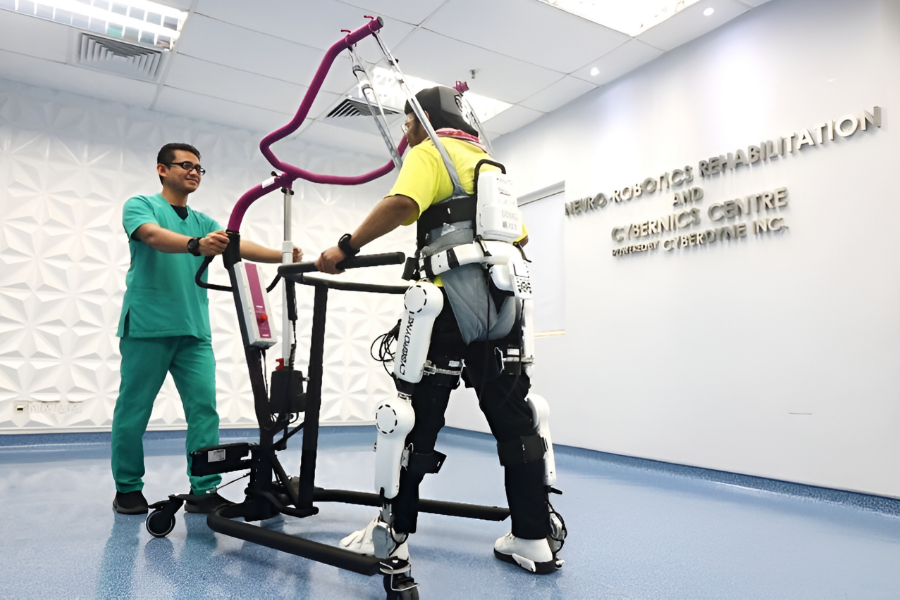
by Rehab Modalities | Dec 7, 2024 | Neuro Robotics
Neurorehabilitation infrastructure plays a pivotal role in helping individuals recover from brain injuries, strokes, and neurological disorders. By integrating innovative solutions, we can enhance the accessibility, efficiency, and outcomes of these facilities,...

by Rehab Modalities | Dec 5, 2024 | Neuro Robotics
PERKESO has emerged as a leading choice for clinical rehabilitation, renowned for its commitment to patient-centered care and cutting-edge facilities. With a focus on individualized treatment plans, PERKESO ensures that each patient receives the support and resources...
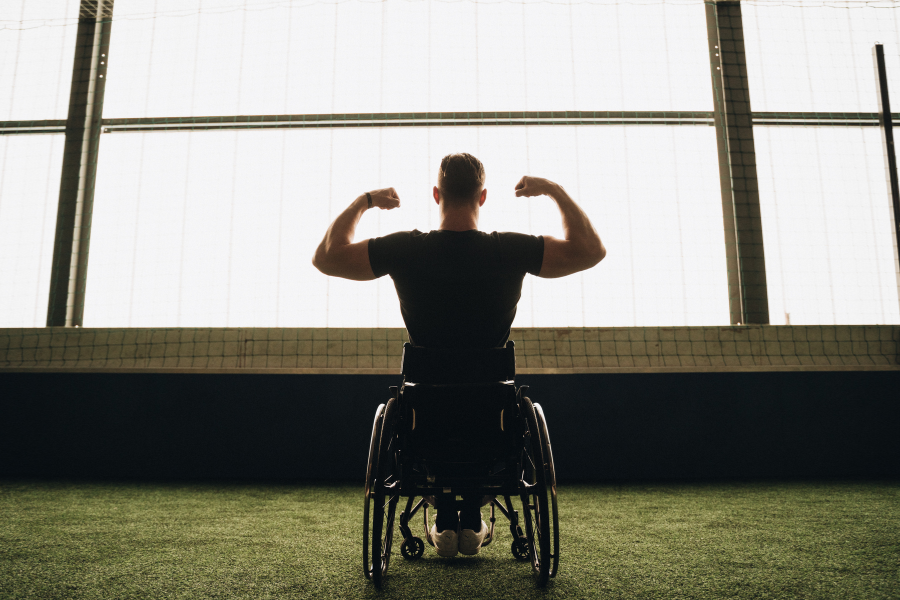
by Rehab Modalities | Dec 3, 2024 | Neuro Robotics
Neurorehabilitation is revolutionizing athletic performance and recovery by leveraging the brain’s adaptability to enhance physical and mental capabilities. Athletes benefit from advanced techniques, including Neurostimulation, biofeedback, and cognitive...
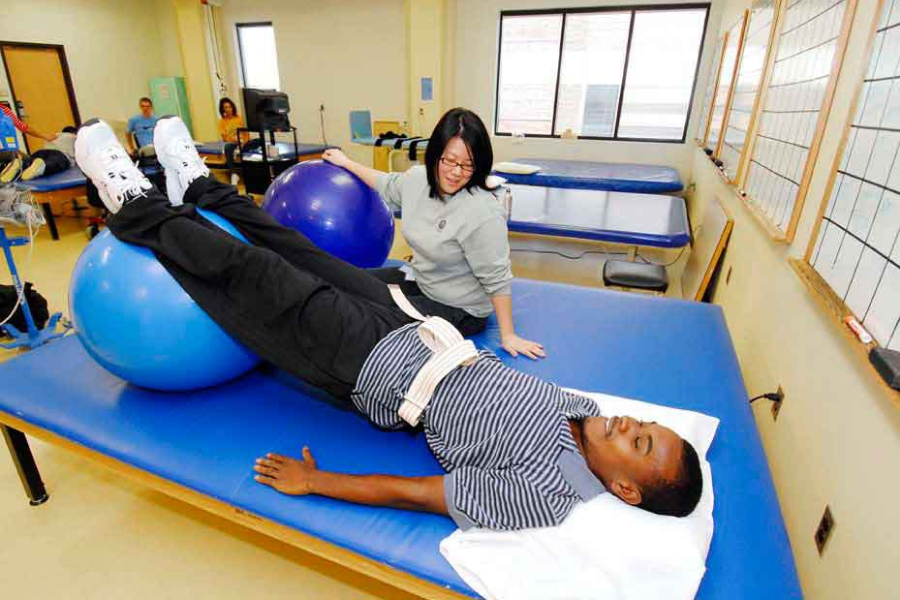
by Rehab Modalities | Dec 1, 2024 | Neuro Robotics
Spinal Cord Stimulation (SCS) implants offer a groundbreaking solution for individuals suffering from chronic pain, particularly in conditions like failed back surgery syndrome, complex regional pain syndrome (CRPS), and neuropathic pain. By delivering mild...











